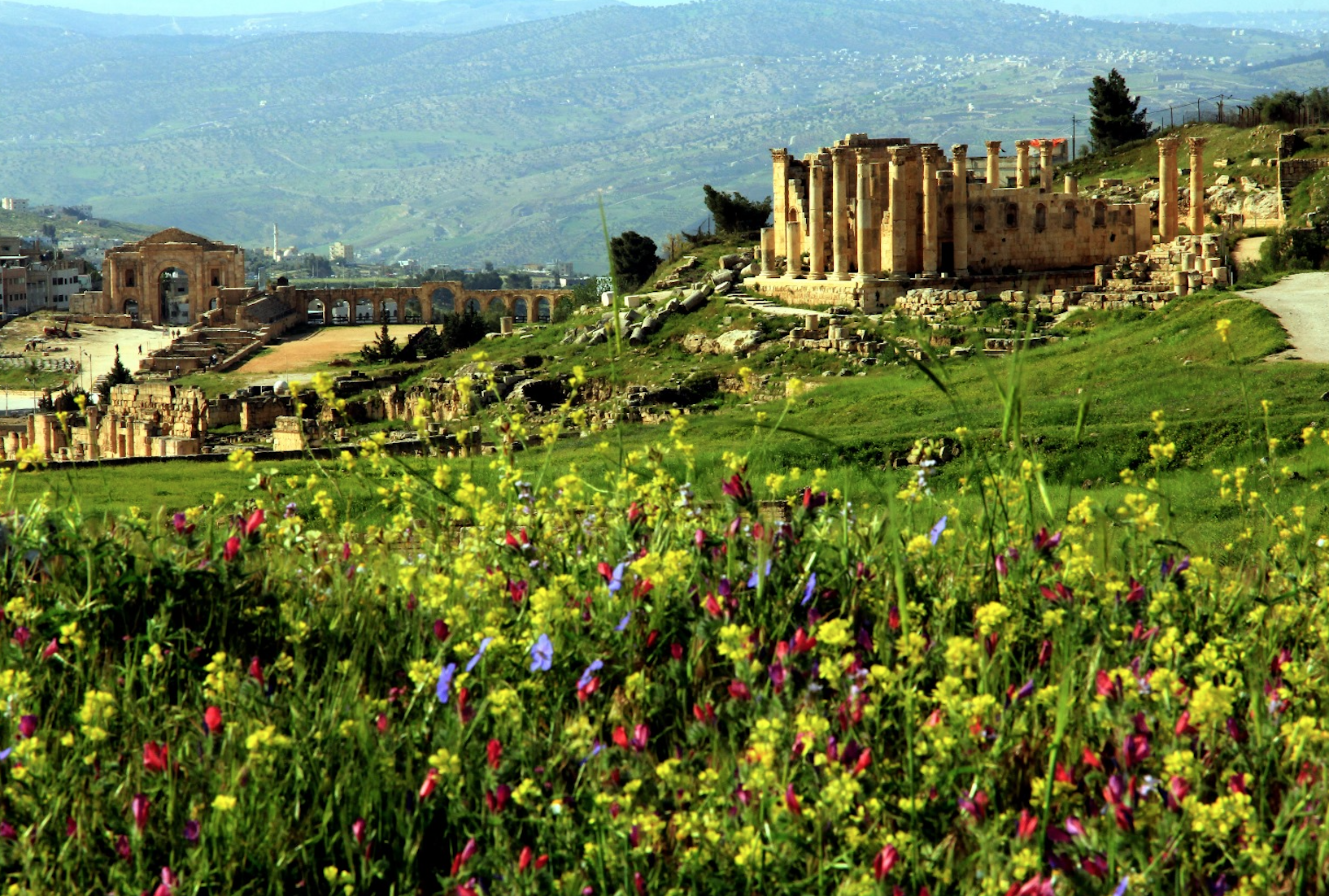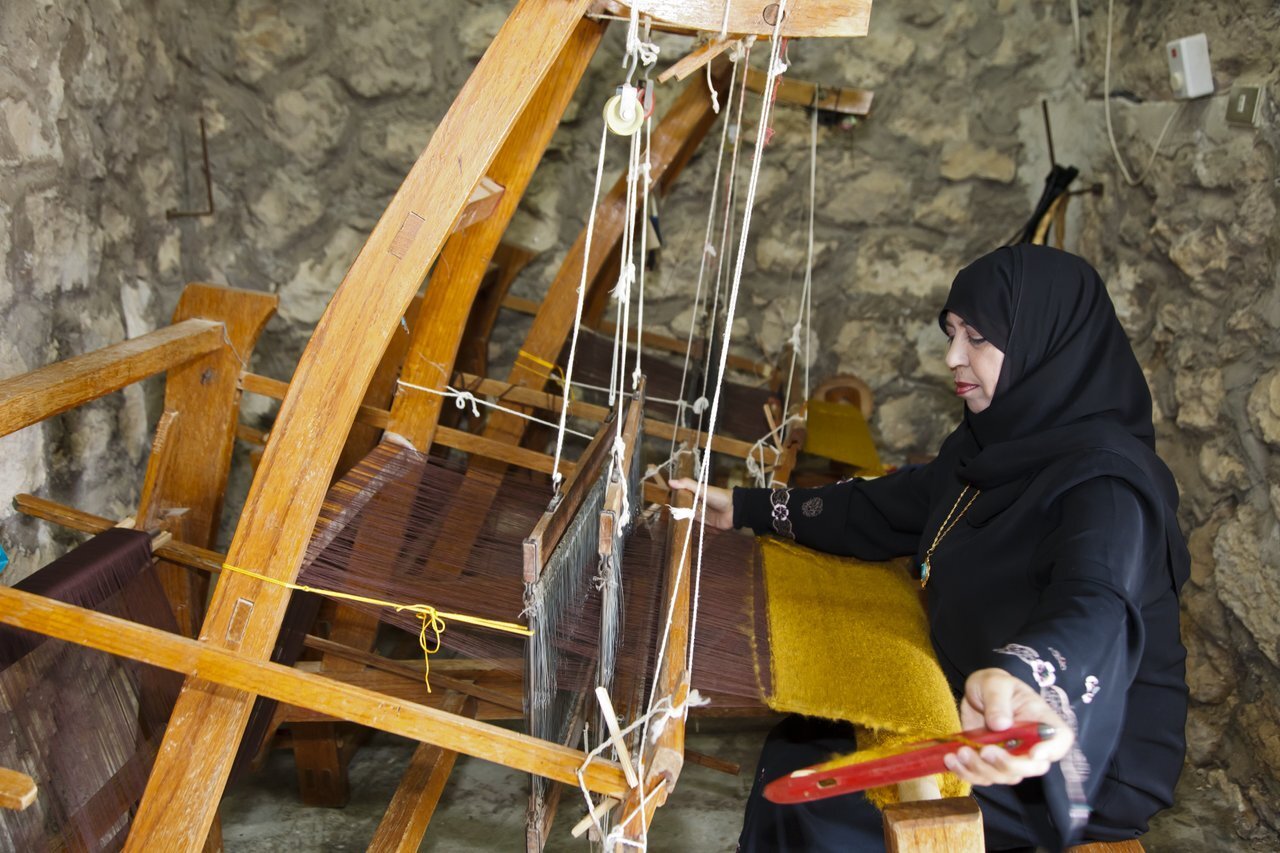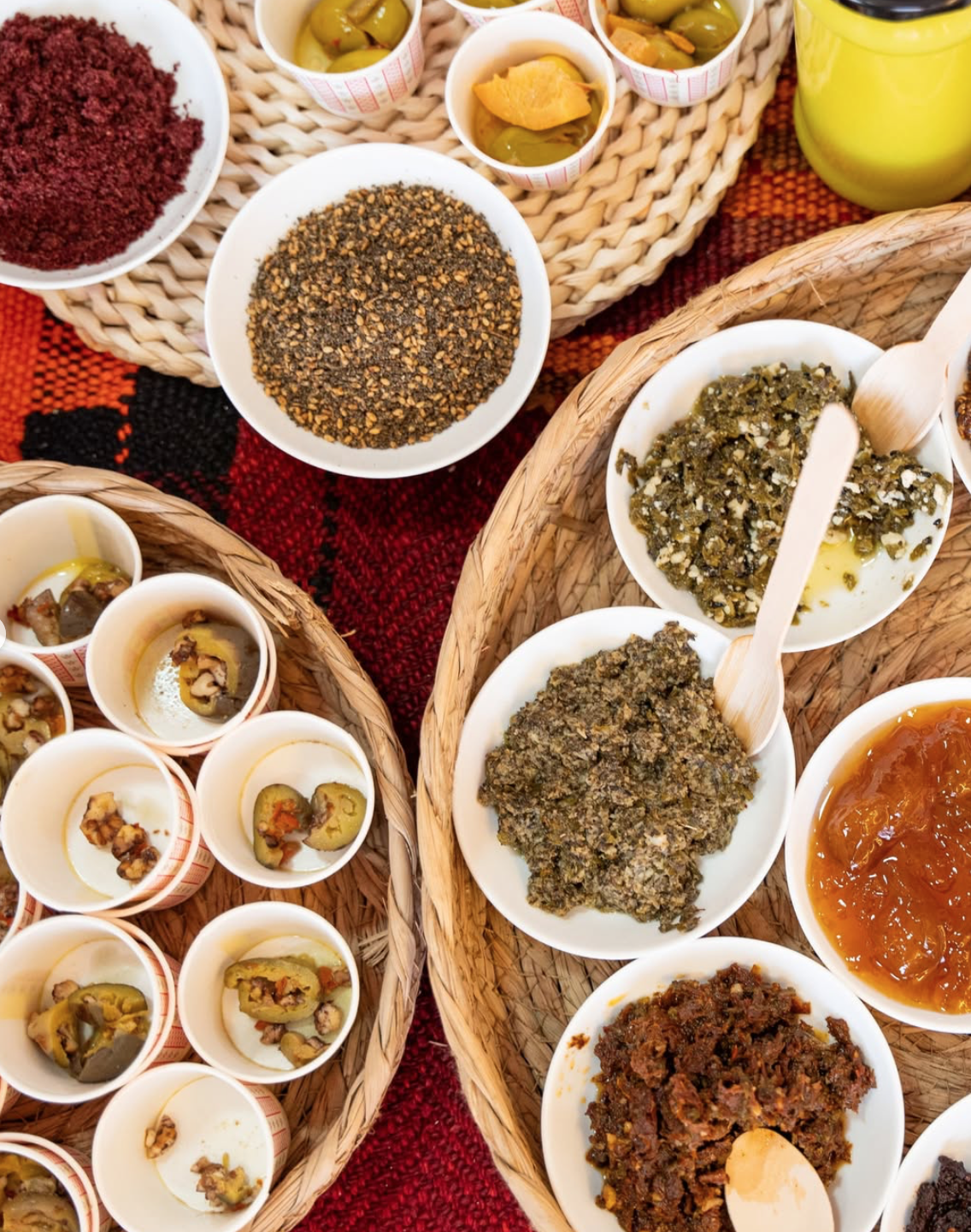Jordan is home to some of the world’s best olive oil and in honor of national Olive Day this week, we want to shed light on the kingdom’s incredible fruit.
According to the Food and Agriculture Organization of the United Nations (FAO), Jordan produces an average of 23,400 tonnes of olive oil per year. Jordan is also among the top 10 olive-producing countries in the world with more than 20 million trees located across the kingdom. The olive tree is one of the most important trees planted in the kingdom, covering about 72% of the total areas that include fruit trees.

(Olive oil farm, Jordan)
Olive oil is produced through a specific process in which the olives are harvested, crushed, and rubbed and then the oil is separated and filtered. About 80 percent of olive production in Jordan is turned into oil and 20 percent is pickled. There are about 140 olive presses in Jordan and nearly all mills use the modern three-phase or two-phase system for olive oil extraction. The country produces about 23,400 tonnes of olive oil per year.

(Onsuri Olive Oil, Photo Courtesy: Onsuri Olive Oil Instagram)
Amelia Bilbeisi is one of the many Jordanians that is immensely passionate about producing high quality olive oil. She is the co-founder of the multi-award-winning extra virgin olive oil company, Maida Olive Oil, also known as Onsuri Olive Oil in North America. The olive oil is produced on Bilbeisi’s family farm and mill. The farm, located in the desert of central Jordan, includes 155,000 olive trees. Al Maida won a bronze medal at the London International Olive Oil Competition and is currently sold to Michelin-starred restaurants in England.
Moreover, Jordan is one the oldest olive cultivation sites. Olive trees have been growing in Jordan for over 5,400 years and many of the ancient trees that remain today continue to produce olives. The Jordanian town, Baja’a, located near the historic stone-carved city of Petra was once an ancient center of olive oil production. Olives with their strong pits were crushed in a grinder that consisted of a circular rock-built bowl and a hole in the center, along with a wooden pole that was inserted into this hole to serve as axis for the mill stones. Baja’a and its surrounding area still has remains of ancient olive mills and presses.

(Photo courtesy: Jordan Times, Adam Carr)
The olive oil industry is an important source of employment for many Jordanians, especially in rural areas. Around 200,000 families are involved in Jordan’s olive harvest season which provides them with sustainable income and jobs. Olive oil is not only produced to be used for cooking, but many Jordanian companies have created beauty products that contain olive oil, including soap bars, body gels, and hair creams. Jordanian olive products are sold to the local market and exported all over the world.

(Photo Courtesy: Amina's Natural skincare)
From the heart of the Levant region, Jordan offers some of the finest olive oils that are deeply rooted in culture and history, and produced with love and pride.








